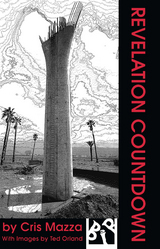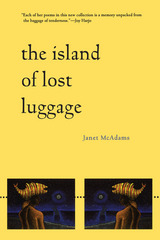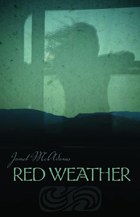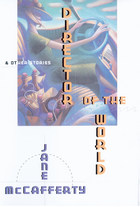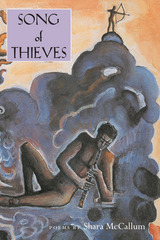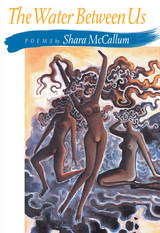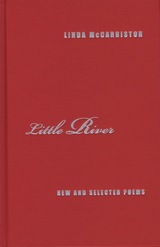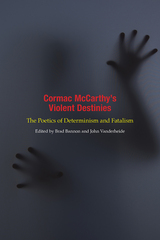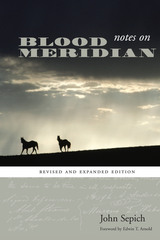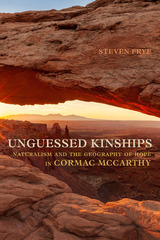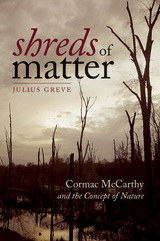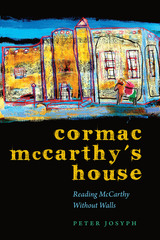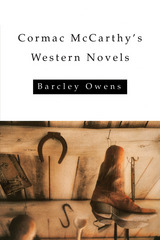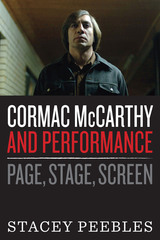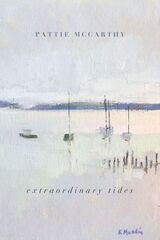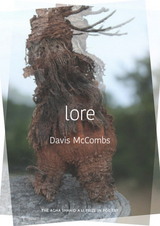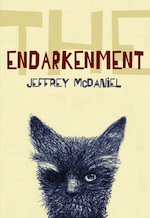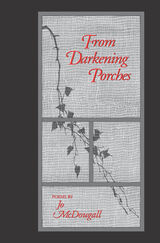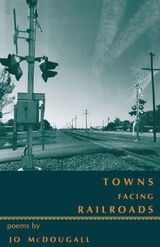Shreds of Matter: Cormac McCarthy and the Concept of Nature
Dartmouth College Press, 2018
Cloth: 978-1-5126-0339-2 | Paper: 978-1-5126-0340-8 | eISBN: 978-1-5126-0341-5
Library of Congress Classification PS3563.C337Z667 2019
Dewey Decimal Classification 813.54
Cloth: 978-1-5126-0339-2 | Paper: 978-1-5126-0340-8 | eISBN: 978-1-5126-0341-5
Library of Congress Classification PS3563.C337Z667 2019
Dewey Decimal Classification 813.54
ABOUT THIS BOOK | AUTHOR BIOGRAPHY | REVIEWS | TOC
ABOUT THIS BOOK
Shreds of Matter: Cormac McCarthy and the Concept of Nature offers a nuanced and innovative take on McCarthy’s ostensible localism and, along with it, the ecocentric perspective on the world that is assumed by most critics. In opposing the standard interpretations of McCarthy’s novels as critical either of persisting American ideologies—such as manifest destiny and imperialism—or of the ways in which humanity has laid waste to planet Earth, Greve instead emphasizes the author’s interest both in the history of science and in the mythographical developments of religious discourse. Greve aims to counter traditional interpretations of McCarthy’s work and at the same time acknowledge their partial truth, taking into account the work of Friedrich W. J. Schelling and Lorenz Oken, contemporary speculative realism, and Bertrand Westphal’s geocriticism. Further, newly discovered archival material sheds light on McCarthy’s immersion in the metaphysical question par excellence: What is nature?
See other books on: 1933- | 1933-2023 | Ecology in literature | Matter | Nature in literature
See other titles from Dartmouth College Press



